
OUP celebrated its 60 years of publishing in Pakistan with the inauguration of its Oxford Mobile Library and Oxford University Press Pakistan Museum and Archives. The publishing house also launched The Class Structure of Pakistan authored by Taimur Rahman, who teaches Political Science at the Lahore University of Management Sciences. The book examines the history of the regions constituting Pakistan. It analyses the class structure from the Mughal era, traveling through the distortions of the colonial era and the transition to capitalism, to the class structure of contemporary Pakistan.
According to the OUP Pakistan Managing Director Ameena Saiyid, the mobile libraries, which are part of an outreach initiative, aim to encourage readings habit among underprivileged kids. Starting with two, the mobile libraries will visit around 20 schools in areas with low income households. By paying Rs10 per month, children can become members which will entitle them to borrow one book each of English and Urdu for two weeks. “I hope this initiative will be helpful in instilling a reading habit among children who’ve had little exposure to books so far,” said Saiyid.
As for the museum and archives, Saiyid said that the project was launched keeping in mind the need to preserve history and heritage for future generations. “The 60 years milestone was a good time to pay tribute to those who have helped build OUP Pakistan, including its managers, staff, and authors,” she said. Perhaps the most valuable launch was of the archives which house a rich collection of letters from famous personalities and authors, such as Sir Percival Spear, Faiz Ahmed Faiz, Zulfiqar Ali Bhutto, Ayub Khan, Olaf Caroe and others.
Published in The Express Tribune, November 8th, 2012.
COMMENTS (3)
Comments are moderated and generally will be posted if they are on-topic and not abusive.
For more information, please see our Comments FAQ





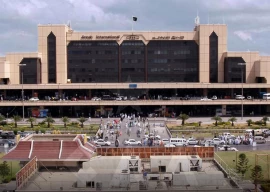

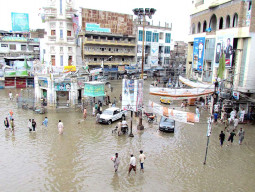




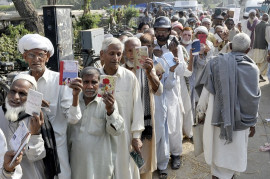

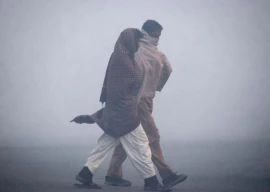
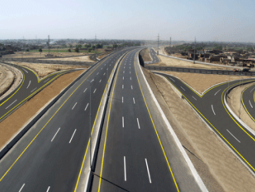



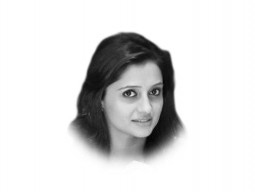
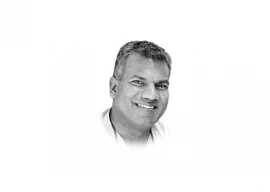


Well Done OUP for launching Mobile Libraries! What a wonderful, much needed initiative. The children of this country really need to read and broaden their horizons, in many ways our surival as a country depends on it. Thank you for doing this for our Pakistan.
The Indus Valley was predominantly a tribal and feudal society. Partition brought a flux of middle class migrants who took over the state machinery and property left behind by Hindus. That introduced an economic and political dichotomy. The abolition of feudal class in Punjab resulted in emergence of priestly class who consolidated their economic, and political position and even edged the educated middle classes.Middle class all along depended on military and bureaucracy for support and nourishment and still are in that condition.
Is it okay to capitalize on Che Guvera merchandise ?